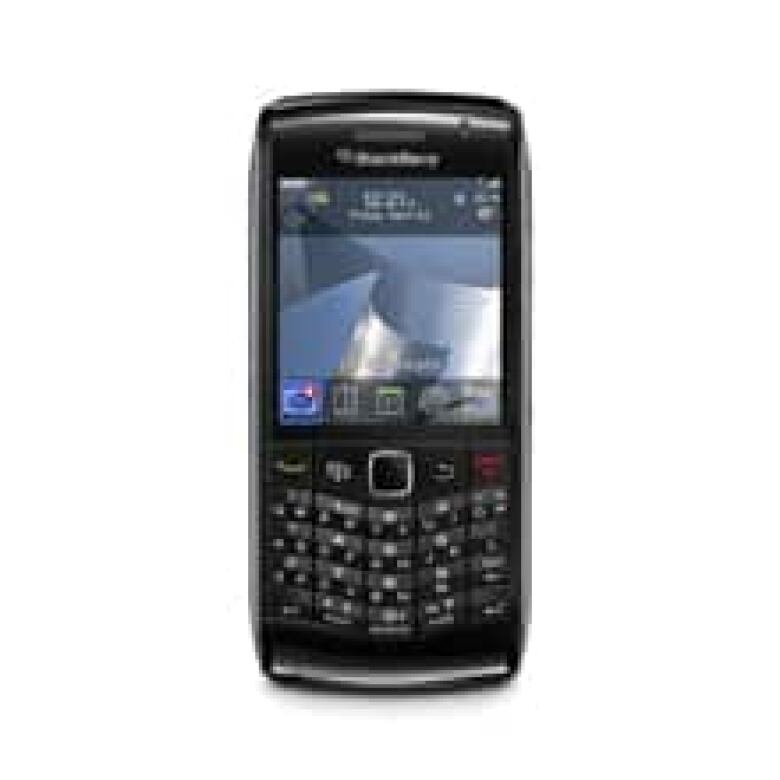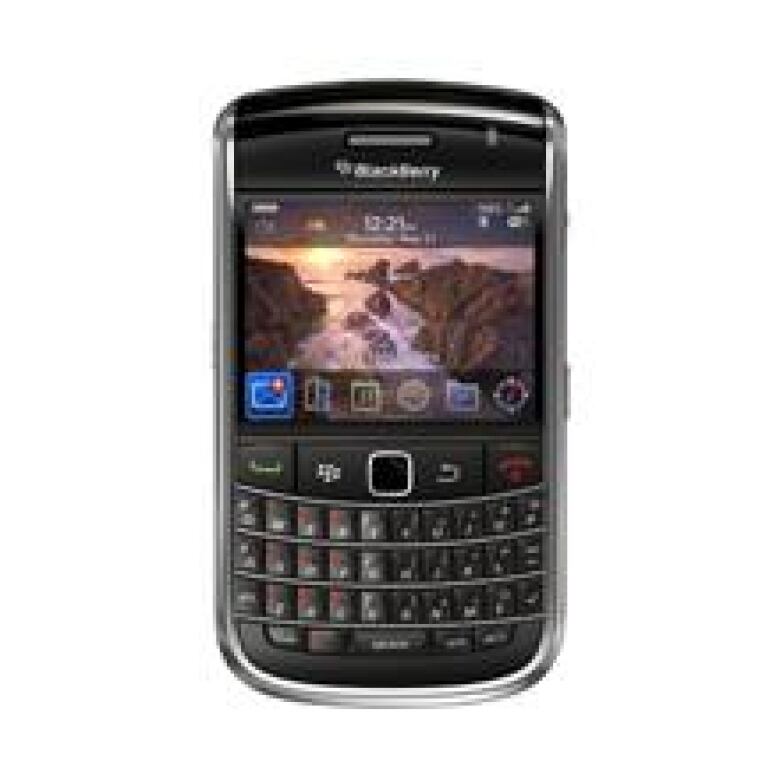RIM unveils new BlackBerry Pearl, Bold

Research In Motion unveileda 3Gversion of its popularBlackBerry Pearl smartphoneandanewBoldmodel that supports code division multiple access (CDMA) networks.
TheMonday announcements came as thecompany opens a three-day annual showcase on Tuesday in Orlando, Fla.
The Waterloo, Ont.-based RIM touts the BlackBerry Pearl 3G as its smallest model to date.
The handset measures 50 millimetres wide, weighs about94 grams and includes 3G network support,a 3.2-megapixel camera, GPS, Wi-Fi (802.11 b/g/n) and anoptical trackpad.
The new Pearl offersa360 x 400 pixel high-resolution display, an improvement over the Pearl 8100's 240 x 260 pixel display, and afaster processor.
RIM said the Pearl 3G may appeal to consumers who want a powerful smartphone with the feel of a more traditional mobile phone, as opposed to touchscreen models like Apple's iPhone.
"We expect the new BlackBerry Pearl 3G will appeal to a broad range of mobile consumers, including many customers who want to upgrade from a traditional phone without giving up a highly compact and fashionable design," said Carlo Chiarello, RIM's vice-president of handheld product management.
Telus Mobility and Rogers said they will offer the Pearl 3G beginning in May. Bell Mobility also said it would carry the new model.
Telus announced that pricing for the Pearl 3G would start at $29.99 on a three-year plan. Rogers and Bell have yet to release details about availability and pricing.
RIM also announced it would be launching the BlackBerry Bold 9650 smartphone, the first Bold model designed for customers on CDMA networks, which are popular in the U.S.

The Bold 9650 also supports 3G networks in North America and abroad, and features a full QWERTY keyboard, optical trackpad, 3.2 megapixel camera, and built-in Wi-Fi (802.11 b/g).
RIM said the smartphone is expected to be available from U.S. carriers beginning in May.
RIM stock rebounds
The company'sstockwent up by $3.09 to $72.87 on the Toronto Stock Exchange Monday as of 4 p.m. ET,after trading at $69.78 in the morning.
The rebound happened amid reports that RIM's co-CEO Mike Lazaridis offered apreview ofa new BlackBerry operating system, which includes arevamped web browser,to an investor conference in Orlandoprior to the showcase.
Critics say RIM has been slow to develop a new web browser for its devices that can compete with some of the more user-friendly designs on the market.
In the past year, both the iPhone and Google's Android smartphones have gained notable share in North America's smartphone market, an area that was once dominated by RIM's BlackBerry products.
According to Gartner, Inc., an international technology advisory company, the Android and iPhoneincreased their market share the most among smartphonesfrom 2008 to2009, by 3.5 and 6.2 percentage pointsrespectively.
RIM, meanwhile, gained 3.3 percentage points in the global smartphone market, maintaining its position as the second-largest smartphone company in the world behind Nokia.
The iPhone's performance in 2009 has placed it third overall.
In an interview ahead of the conference, RIM's other CEO Jim Balsillie defended the company's position in the market.
"Wind the clock back and I can give you 10 other companies that were put forward that were just overwhelmingly formidable for us to even consider competing against," Balsillie said.
The new BlackBerry operating system is slated to be released in the September quarter, according to MarketWatch.
With files from The Canadian Press












_(720p).jpg)


 OFFICIAL HD MUSIC VIDEO.jpg)
.jpg)



























































































